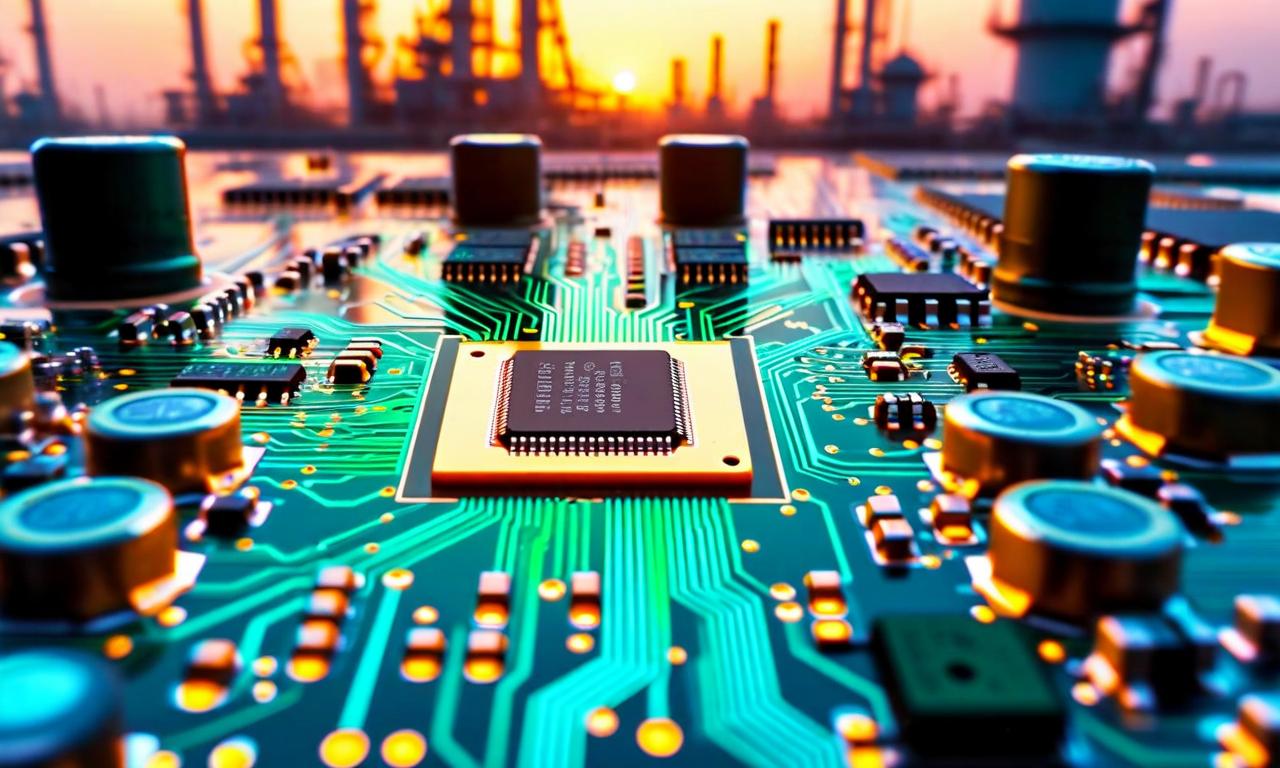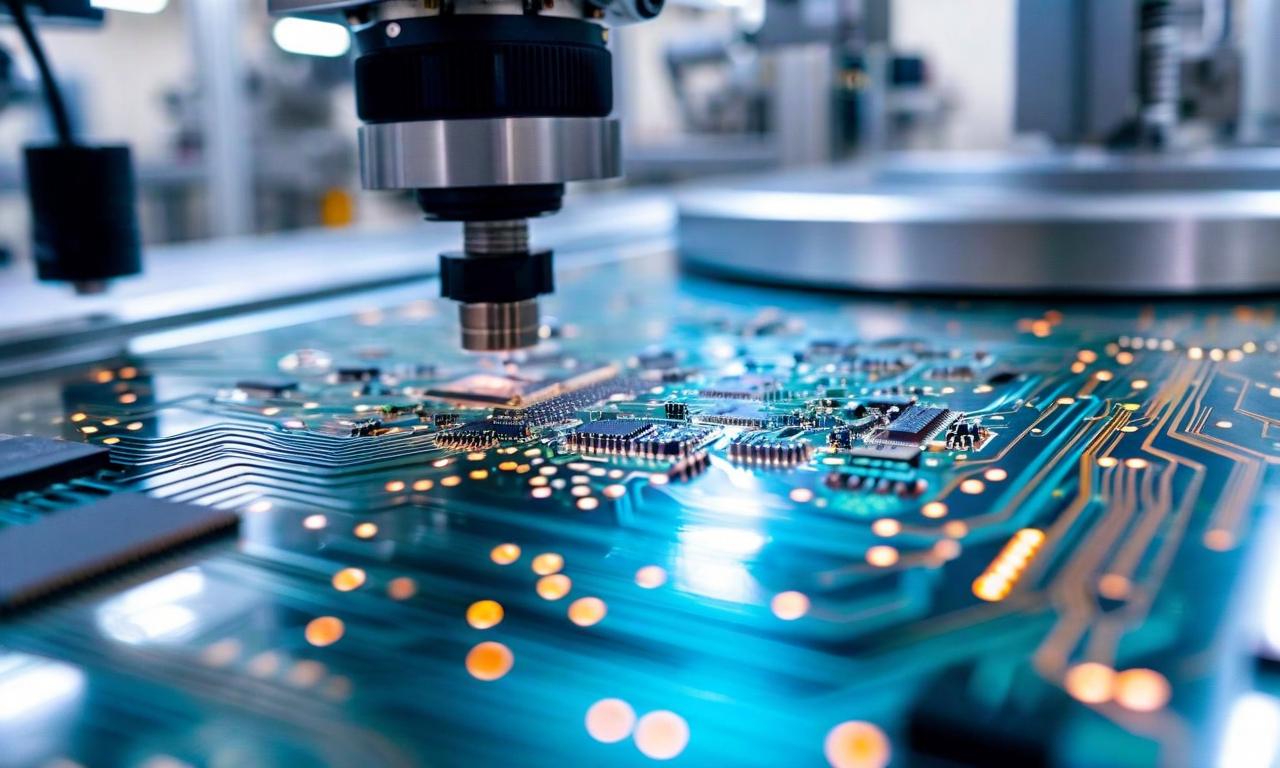Sanders Backs Trump's Plan for Government Equity in Chipmakers
Senator Bernie Sanders supports President Trump's proposal to convert federal grants to semiconductor manufacturers into government equity stakes. This aligns with a previous amendment Sanders proposed with Senator Elizabeth Warren. The policy could affect companies like Intel, which received a $10.90 billion grant under the 2022 Chips and Science Act. The act allocated $39 billion in subsidies to boost domestic semiconductor production. Similar policies have been implemented in AI chip deals with Nvidia and AMD, requiring 15% of sales revenue from China transactions to be provided to the U.S. government.

*this image is generated using AI for illustrative purposes only.
In a surprising alignment of political perspectives, Senator Bernie Sanders has expressed support for President Trump's proposal to convert federal grants to semiconductor manufacturers into government equity stakes. This policy shift could significantly impact major players in the chip industry, including Intel, which received a substantial $10.90 billion grant under the 2022 Chips and Science Act.
Government Equity in Exchange for Grants
Sanders, known for his progressive stance on economic issues, argued that taxpayers deserve a fair return if microchip companies profit from federal grants. This position echoes a broader debate about the role of government in supporting strategic industries while ensuring public benefit.
The Chips and Science Act, passed in 2022, allocated a total of $39.00 billion in subsidies to boost domestic semiconductor production in the United States. The act aimed to reduce the country's dependence on Asian manufacturing, particularly in light of recent global supply chain disruptions and geopolitical tensions.
Precedent in AI Chip Deals
Trump's administration has already implemented similar policies in other tech sectors. A notable example is the recent deal requiring artificial intelligence chip companies Nvidia and AMD to provide the U.S. government with 15% of sales revenue from transactions in China. This move demonstrates a growing trend of government involvement in strategic technology sectors.
Bipartisan Support for Equity Stakes
Sanders pointed out that this approach aligns with an amendment he and Senator Elizabeth Warren proposed three years ago. Their proposal would have required companies receiving government grants to provide the Treasury Department with warrants, equity stakes, or senior debt instruments.
Implications for Intel and the Semiconductor Industry
For Intel, which received one of the largest grants under the Chips Act, this policy shift could mean significant changes in its relationship with the federal government. If implemented, the company might need to offer equity stakes in exchange for the $10.90 billion grant it received.
This development raises important questions about the balance between government support for critical industries and the potential for government involvement in private sector operations. It also highlights the evolving nature of public-private partnerships in strategic technology sectors.
As this policy discussion unfolds, it will be crucial to monitor how semiconductor companies, industry associations, and other stakeholders respond to the prospect of increased government equity participation in exchange for federal support.

























